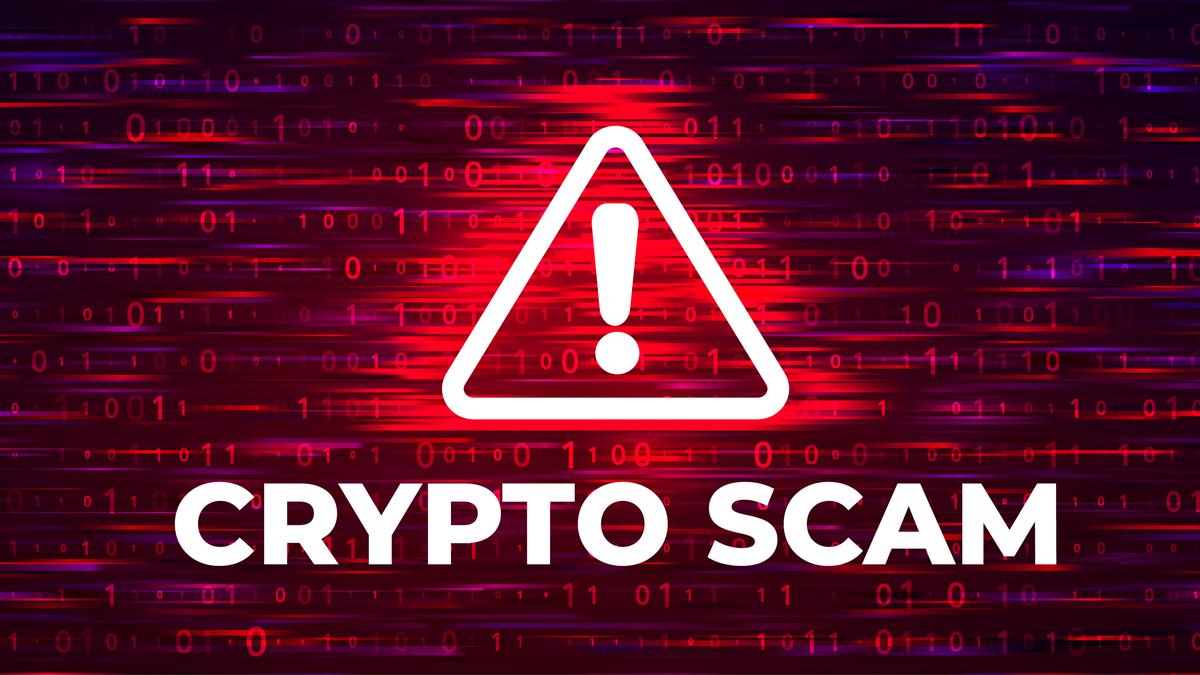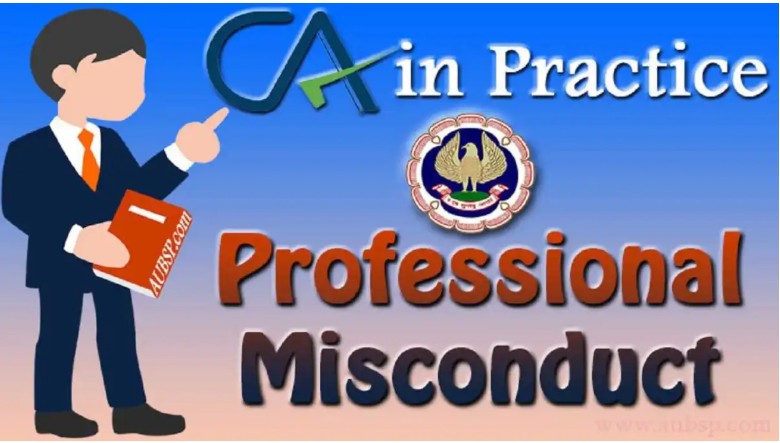Manmohan Sarin, J.@mdashRule.
2. Petitioner, Hospital Employee''s Union by this writ petition, seeks a writ of certiorari for quashing the orders dated 3.11.1995 and 23.10.1997 i.e. Annexure P-1 and P-2, by which the prayer of the petitioner for reference of the dispute relating to workman Smt. Ratna Desai to the Industrial Tribunal was rejected, firstly by the Secretary, Labour on 3.11.1995 and thereafter the appeal/review preferred was rejected by the Secretary, Labour, Government of NCT of Delhi, on 23.10.1997.
3. Learned counsel for the petitioner, Mr. Sanjay Ghosh, has very eloquently put forward the case of the workman. He submits that workman, who as herself a Leprosy Patient after being cured, had been working since 1978 with respondent No. 2 at the Leprosy Centre as a dresser. She had successfully completed a nine months'' Leprosy Physiotherapy Technical Course at the Christian Medical College Hospital, Vellore, Tamil Nadu, in 1973. A certificate to this effect has been issued by Hindu Kusht Nivaran Sangh i.e. Indian Leprosy Association and is signed by Head of the Department of Orthopedics and Leprosy Reconstructive Surgery, Christian Medical College Hospital, Vellore.
4. She claimed that based on her experience and the qualification obtained by doing the technician course, as aforesaid, she was entitled to be appointed and work as Physiotherapist in the Leprosy Clinic. Learned counsel also submits that the workman and petitioner''s Union had been representing for considerable period of time for her being appointed as a Physiotherapist at the Leprosy Centre. It is stated that in a meeting attended by the Lt.Governor, Chief Secretary, Delhi Administration, it was discussed that since the Physiotherapist has been absent for two years, his services should be terminated and new incumbent should be appointed. Further, the Lt.Governor was informed that work of Physiotherapist could be taken up by Smt.Ratna, who was trained and she should be asked to start Physiotherapy Centre. Based on the aforesaid, workman has been claiming for being appointed as a Physiotherapist, but to no avail.
5. The petitioner Union took up the matter on behalf of the workman. Respondents have declined to refer the dispute on the ground the "To be a Leprosy patient is not a qualification for the post of Physiotherapist and this post also does not come under any rehabilitation program." The appeal/review was also rejected by Secretary (Labour) vide order dated 23.10.1997, noting the earlier ground for rejection and observing that there was no ground for review of the order already passed and he dismissed the appeal/review.
6. Learned counsel for the petitioner has relied on the following decisions:-
(i)
"....when the appropriate Government considers the question as to whether any industrial dispute should be referred for adjudication or not, it may consider, prima facie the merits of the dispute and take into account other relevant considerations which would help it to decide whether making a reference would be expedient or not. It is true that if the dispute in question raises questions of law, the appropriate Government should not purport to reach a final decision on the said questions of law, because that would normally lie within the jurisdiction of the Industrial Tribunal. Similarly, on disputed questions of fact, the appropriate Government cannot purport to reach final conclusions, for that again would be the province of the Industrial Tribunal. But it would not be possible to accept the plea that the appropriate Government is precluded from considering even prima facie the merits of the dispute when it decides the question as to whether its power to make a reference should be exercised u/s 10(1) read with Section 12(5), or not. If the claim mae is patently frivolous, or is clearly belated, the appropriate government, may refuse to make a reference. Likewise, if the impact of the claim on the general relations between the employer and the employees in the region is likely to be adverse, the appropriate Government may take that into account in deciding whether a reference should be made or not. It must, Therefore, be held that a prima facie examination of the merits cannot be said to be foreign to the enquiry which the appropriate Govt. is entitled to make in dealing with a dispute u/s 10(1) and so, the argument that the appropriate Government exceeded its jurisdiction in expressing its prima facie view on the nature of the termination of service of appellants 2 and 3, cannot be accepted."
(ii) G.B.S. Workers Union, Chandigarh v. Union Territory Administration, Chandigarh reported at (1986) 69 FJR 267, wherein the Court held inter alias as under:-
".... The matter before the Government in an application u/s 12 or 10 of the Act is whether there exists an industrial dispute, which may be referred to the Labour Court. The decision of the government on the merits has to be in this regard and not on the merits of the rights of the workmen or the validity of the order passed against him by the management."
(iii)
"13. Attractive though the contention is, we regret, we are unable to accept the same. It is now well settled that, while exercising power u/s 10(1) of the Act, the function of the appropriate Government is an administrative function and not a judicial or a quasi judicial function, and that in performing this administrative function, the Government cannot delve into the merits of the dispute and take upon itself the determination of the lis, which would certainly be an excess of the power conferred on it by Section 10 of the Act....."
Learned counsel for the petitioner relying on the aforesaid judgments, submits that the Secretary, NCT of Delhi has exceeded his jurisdiction by pre-judging the matter and disposing the request for reference on merits. Besides, the workman was not seeking appointment only on the ground of having been a Leprosy patient. Rather, petitioner''s case is that apart from having been Leprosy patient, workman was duly qualified and eligible for the post. Learned counsel further submits that petitioner''s Union and workman was entitled to raise the dispute and seek reference of the same as cases of non-employment would also come within the ambit of dispute u/s 2-k of the Industrial Disputes Act for which reference could be sought.
7. Counter affidavits have been filed by respondent No. 1 Secretary (Labour) as well as on behalf of Govt. of NCT. These have been perused. I have also heard Mr. Rattan Lal on behalf of the respondents. It has been brought ut in the counter affidavits that one Mr. Nelson has already been disputed and appointed as Physiotherapy technician at the Centre. The entitlement of the workman to be appointed as Physiotherapist has been declined on the ground of her not having the requisite qualification and being over age.
8. I have heard learned counsel for the parties. There can be no quarrel with the legal propositions as emerged in the cases cited by the petitioner, namely, Bombay Union of Journalists and Ors. v. State of Bombay and Anr. (supra), G.B.S.Workers Union, Chandigarh v. Union Territory Administration, Chandigarh (supra) and Telco Convoy Drivers Mazdoor Sangh and Anr. v. State of Bihar and Ors. (supra). It is well settled that while exercising jurisdiction and power u/s 10 of Industrial Disputes Act, the appropriate Government is discharging administrative functions and it is not for the Government to delve into the merits of dispute. It would be the domain of he Labour Court or Industrial Tribunal to adjudicate upon the dispute, when referred. The State Government is to consider the existence of the dispute and the expediency of referring the same by taking into account all relevant factors. While doing so, the Government may consider whether the claim raised is absolutely frivolous on a prima facie view of the matter and whether referring the said question or dispute, would be an exercise in futility. Keeping in mind the aforesaid, let us consider the present case.
9. The workman after being cured from Leprosy, had been working since 1978 with respondent No. 2 at the Leprosy Centre. She also has completed the nine months'' Leprosy Physiotherapist Technical Course at the Christian Medical College, Vellore. While it is true that the workman herself having been a leprosy patient would understand the psyche of Leprosy patients better other than others and her case deserved sympathetic consideration. The become evident from the reference by the petitioner''s Union to a meeting with the Lt.Governor, Chief Secretary of Delhi Administration where the absence of regular Physiotherapist at the Centre was noted and the proposal of utilizing the workman at the Physiotherapist centre was considered and recommended. In my view, the proceedings of the said meeting are recommendatory in nature and would not create any vested right in the workman or entitlement to the post. The petitioner herself has produced along with the petition the Recruitment Regulations for the post of Physiotherapist. From the said Regulations, it is noticed that the vacancy is to be filled by direct recruitment and not by promotion. The age limit given is 18 to 25 years, relaxable for Government servant and employees of MCD up to 35 years. From the annexure attached to the counter affidavit by MCD, it is seen that the date of birth of the workman was 22.11.1950. She would at presently be 52 years old and even when the order of rejection was passed in November, 1995, she would be around the ge of 45 years i.e. beyond the permissible age. As per the counter affidavit filed, the Diploma which she possesses is not form a Institution recognized by the respondents. Respondents in the counter affidavits have explained that the order of rejection recording that to be a Leprosy patient is not a qualification for the post of Physiotherapist and this post also does not come under any rehabilitation program, was intended to convey that the workman was not qualified. In any case, it is evident from the record that at the time when the appropriate Government considered the request of the petitioner''s Union for reference of the dispute u/s 10, the concerned workman was not eligible to be appointed as a Physiotherapist on account of being over age and not possessing the requisite qualification. In these circumstances, reference of the dispute as raised by the petitioner''s Union seeking a direction for appointment would have been an exercise in futility. The appropriate Government was, Therefore, fully justified in takin the above factors into account and declining reference. The impugned orders declining the reference do not suffer from any infirmity or excess of jurisdiction.
10. The writ petition has no merit and is dismissed.

